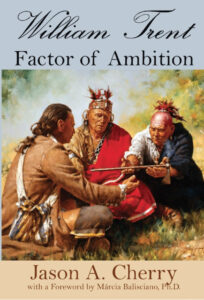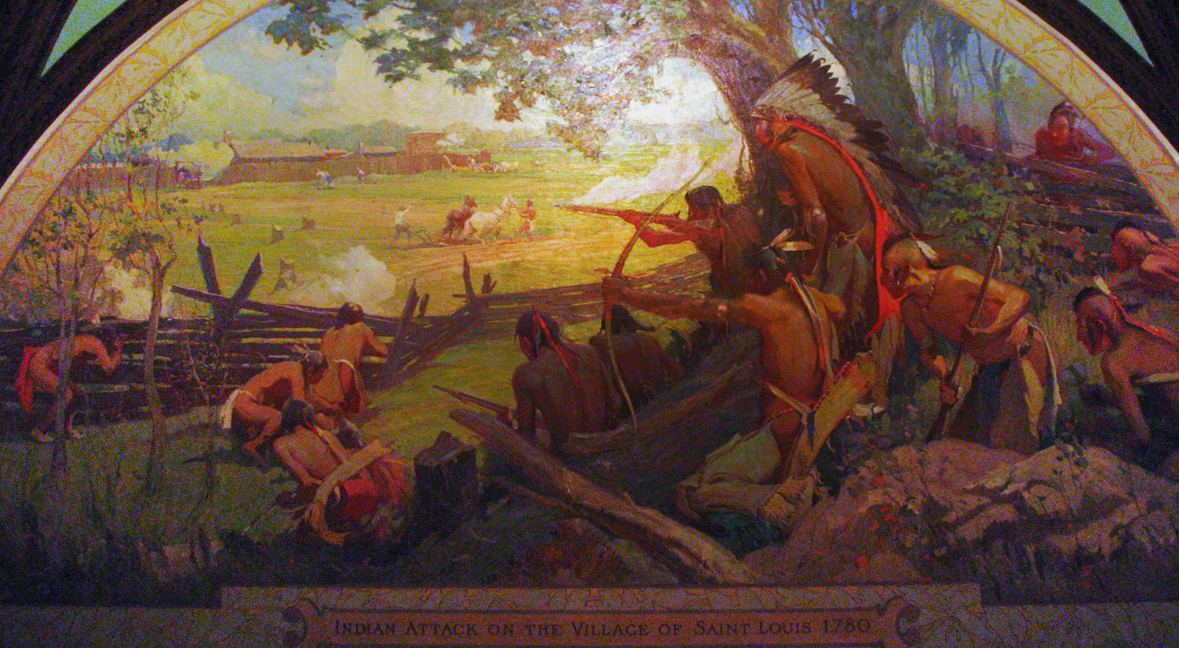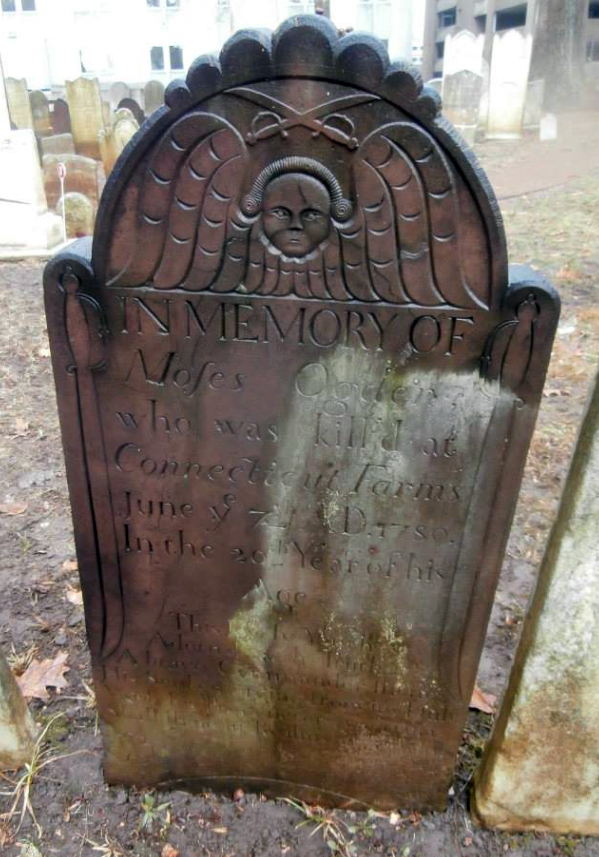BOOK REVIEW: William Trent: Factor of Ambition by Jason A. Cherry. (Mechanicsburg, PA: Sunberry Press, 2024. $34.95 Paper)
Independent historian Jason A. Cherry has turned an interest in the activities of an unfamiliar western merchant during the antebellum colonial period into a fascinating and interesting book. His biography William Trent: Factor of Ambition details the rise and fall of one of the most influential merchants and negotiators on the western frontier of the eighteenth century. Dr. Marcia Balisciano, the Director of London’s Benjamin Franklin House, states in the Foreword that Cherry’s efforts are well worth it: “We, his readers, are the beneficiaries of his commitment and scholarship in presenting a rich portrait of the ‘real’ Trent and the tumultuous times in which he lived.”
 The story of William Trent begins in the book with the description of a scandal in 1715 Philadelphia that involved Mary Coddington, who would eventually become Trent’s mother. Her relationship with Trent’s father, Judge William Trent, Sr., is explained along with the circumstances that led to Trent’s birth. Cherry offers a clear view of the maneuverings involved with both politics and real estate in colonial Philadelphia. Trent grew up learning about the mercantile business and the quest to attain land.
The story of William Trent begins in the book with the description of a scandal in 1715 Philadelphia that involved Mary Coddington, who would eventually become Trent’s mother. Her relationship with Trent’s father, Judge William Trent, Sr., is explained along with the circumstances that led to Trent’s birth. Cherry offers a clear view of the maneuverings involved with both politics and real estate in colonial Philadelphia. Trent grew up learning about the mercantile business and the quest to attain land.
By the 1740s, England was involved with a war with France that is known simply as King George’s War. The fighting spilled into the colonies, with French attacks on English colonial settlements in the western regions of Pennsylvania and the Ohio River Valley. William Trent entered a long business partnership with his friend, George Croghan, and they would try their hands at the mercantile business and land acquisition in the west. Trent ended up making himself valuable as a record keeper for many negotiations with delegates of the Six Nations (he had superior penmanship). He was called upon several times to record and serve as a witness to many councils between the English and the Indian nations. He became a strong supporter of treaties that treated the Six Nations fairly, and he was involved with the Burnt Cabins Expedition of 1750 (the government set fire to the homes of white settlers who were squatting on designated Indian lands). It was vital for the English to maintain positive relations with the Indians since otherwise the French would seek Indian support against the English. When Virginia Gov. Robert Dinwiddie sought assistance in forcing the French to leave the Ohio River Valley, he chose Trent’s associate Christopher Gist and the young George Washington, who ended up carrying messages to and from Trent and the governor.
While the negotiations and council meetings continued into the Seven Years War after 1753, Trent and Croghan tried to set up their mercantile business. They were not as successful as they had hoped, and Trent would remain deeply in debt through most of his life as a result. After the end of the French and Indian War, Trent hoped to set up a company to establish a colony in the Ohio River Valley. The company became the Ohio Company, and Trent traveled to London to seek the backing of Dr. Benjamin Franklin. The proposed colony, to be named Vandalia, became a casualty of the increasing tensions between the British Parliament and the colonists during what is now known as the Imperial Crisis. Once the American Revolution did begin, Trent at first was not sure which side to support. His focus was on the frontier west of the Appalachian Mountains. It was clear that he would support whichever side would benefit him:
He was too old to be fighting and was not a loyalist of a ‘tory,’ but simply wanted to be left alone from the Crown. Then, he could attend to his business by running a ferry and fishery, maintaining his plantation, and finally receive compensation for the large financial losses he had spent most of his life trying to obtain. (page 333)
Trent ended up declaring allegiance to the government of Pennsylvania in March 1778.
While all these well-known events were happening both in London and the colonies, Trent suffered many personal losses. He and his wife Sarah had several children, some of whom died either in infancy or adolescence. Creditors were constantly on his radar, his excursions to London being one way to stay ahead of them. He suffered from ill health, including poor vision, for many years. He died in poverty in December 1784, being buried in an unmarked communal grave.
Cherry’s narrative offers a great deal of information about many aspects of colonial Pennsylvania, New Jersey, and the Ohio River Valley. There are many figures Trent encountered or has dealings with who became famous in American history: George Washington, the Half King, Edward Shippen, William Franklin, Benjamin Franklin, William Howe, John Burgoyne, Henry Clinton, John Jay, and Nathanael Greene. There are fifteen appendices, some of which include financial accounts, oaths of allegiances, ledgers, expense accounts, and the first, second, and third wills of William Trent. There are also 114 illustrations, many of which show the present sites of places where Trent lived, traveled to, or conducted business, in Pennsylvania, New Jersey, Delaware, Ohio, and London.
William Trent: Factor of Ambition is an important chronicle of a man’s life that offers extensive information about what the colonies were like prior to the American Revolution. Its value lies in the descriptions of business and Indian negotiations that were vital to the survival of the English settlements in the British colonies.













One thought on “William Trent: Factor of Ambition”
Tim, excellent review! I liked this book too. It is an untold aspect of the Ohio Valley in the Revolutionary Era.